The browser you are using is not supported. Please consider using a modern browser.

Some Energy Savings Tips Should Be Ignored
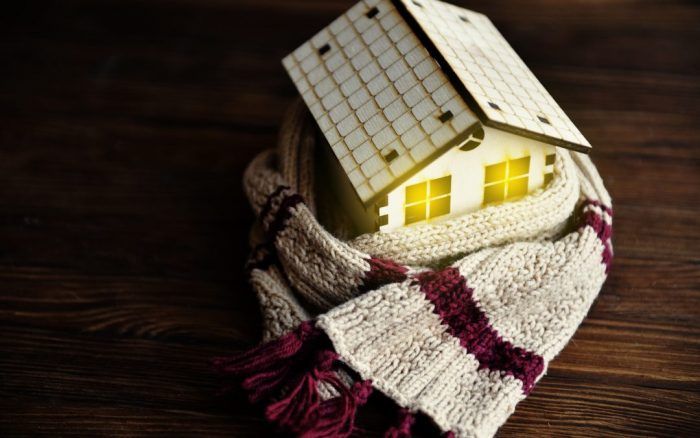
With winter on its way, you have probably started to see a few energy saving advice articles on the internet and social media. In fact, we have our own energy savings tips on ElectricityRates.com with suggestions to help you save some money. However, the truth is that while some of these energy savings tips are worth your time and effort, some should simply be ignored for many reasons. We are here with some facts that will help you decide if some of these “expert tips” are really going to pay off.
Filling Your Fridge or Freezer with Water Bottles
This is a very common “tip” we see on many energy savings lists. The theory is that by filling empty space in your fridge or freezer with water bottles, your appliance won’t have to work as hard to cool down the rest of the space. However, this strategy will save you so little on your energy bill that even the cost of buying water bottles may wash out the savings. Plus, you are stuck rearranging water bottles anytime you want to put more items in your fridge or freezer.
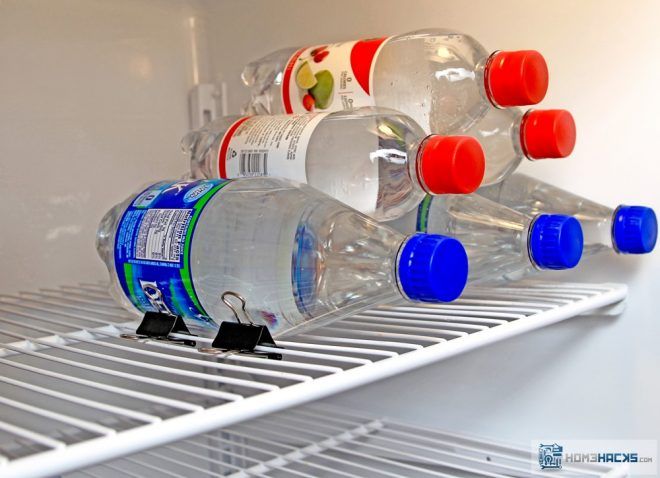
Caulk Your Windows and Doors
Air leaks can be a real problem in the winter and can drop the temperature in your home fast. Many sites tell you that now is the best time to caulk your windows and doors. In reality, the biggest source of drafts or air leaks come from insulation holes in your attic or basement. So, before you run to the department store and buy caulk, make sure you check your attic or basement first. By researching and determining the source of air leaks you can save yourself time and money.
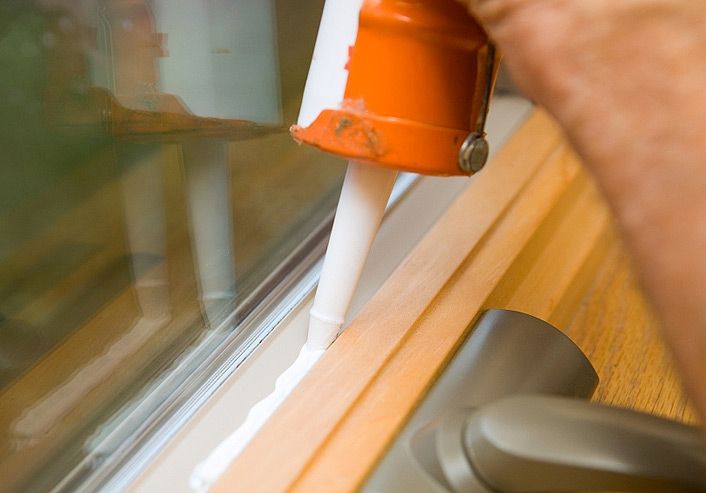
Close Curtains on Cold Nights
The theory here is that by closing your curtains on cold nights it will help insulate your home by keeping warm air away from the window and cold air trapped between the window and curtain. However, there are a lot of factors in play that typically aren’t explained properly in order for this tip to be successful. Unless the curtain has some thermal resistance, or insulating value, and is close enough to the window to reduce convection currents, it may end up costing you more on your energy bill, not less.
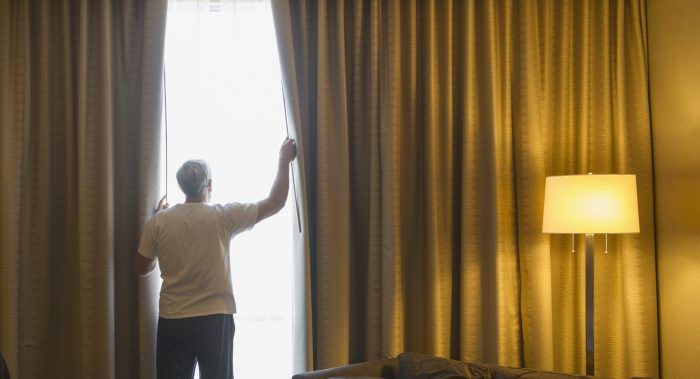
Get Your HVAC Serviced Every Year
Many sites that list this tip say that by scheduling a yearly HVAC tune-up and by changing your filters every month you can save a lot on your energy bill. However, there is no evidence from an industry professional suggesting a significant amount of energy savings by performing these actions. In fact, the cost of the annual service and monthly air-filters would most likely wash out any savings on your energy bill. Servicing your HVAC unit every two years and cleaning your filters monthly during peak usage will still keep your AC and heat running efficiently and save you money.
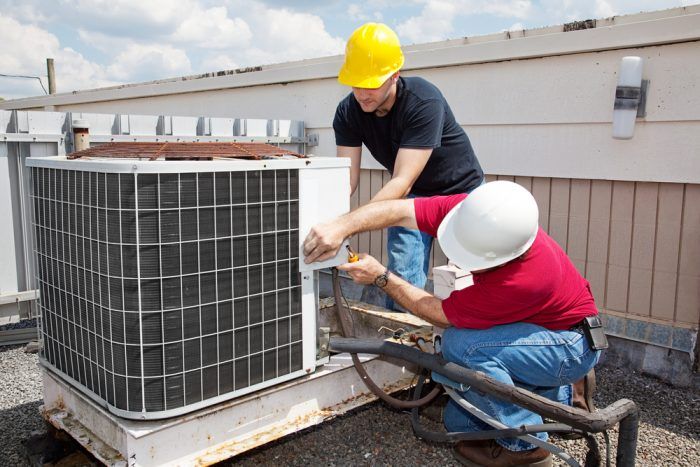
There are many other tips out there that are so expensive that it would take years to break even on the cost to install them. These are not necessarily “bad tips” but it’s important to know that these are long-term investments and not necessarily short-term energy savings tips. Some of the most popular are:
- Installing a fireplace
- Getting a new HVAC unit
- Installing solar panels
- Getting new energy-efficient appliances
In conclusion, it’s important to do your research on any energy-savings tip you might be considering. Some of these “expert tips” might not only be a waste of time but could also have the opposite effect and cost you money. While there are some new technologies that can help you save money on your energy, many of the things that worked in the past still work today for quick fixes. Making sure your home is well insulated, adjusting your thermostat when you are away from home, and bundling up with more layers and covers at night are all proven ways to reduce energy usage in winter and keep you warm.
